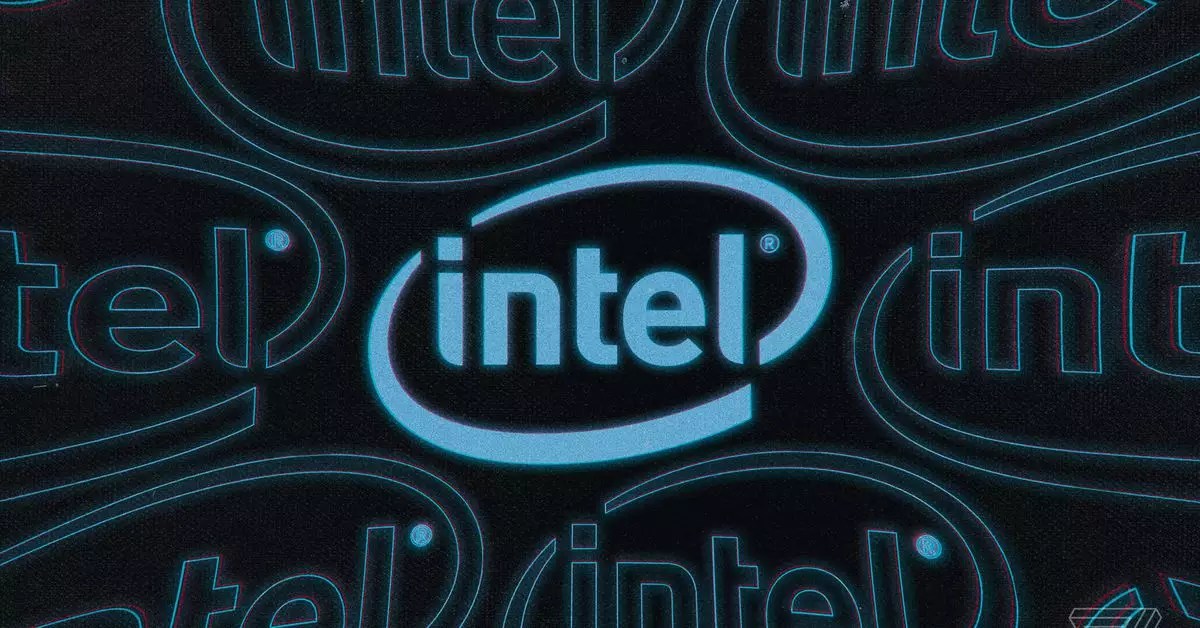Intel’s recent venture into the world of processors with its Arrow Lake-based Core Ultra 9 200S-series has sparked significant discussion in the tech community. Despite the anticipation surrounding these chips, initial reviews, particularly concerning gaming performance, have not lived up to expectations. Since 2020, Wes Davis has been chronicling changes in technology and entertainment, but the mixed reception of the new Arrow Lake chips might necessitate a more pressing review of Intel’s direction in the competitive landscape.
In examining the performance of the Core Ultra 9 200S-series, it’s crucial to consider the reviews that have emerged. Many experts and enthusiasts expected these processors to surpass the performance metrics set by AMD’s competing Ryzen series. However, the reality has largely been disappointing. Reviews have highlighted that these new Intel offerings struggle in gaming scenarios, with performance deficits compared to earlier models like Raptor Lake and AMD’s renowned Ryzen 9800X3D. While efficiency improvements have been reported, overall gaming performance remains subpar, raised concerns about whether these chips can truly compete in a market heavily dominated by AMD’s innovation.
Intel’s leadership, particularly Robert Hallock, has openly addressed these performance shortcomings in recent discussions. Hallock emphasized that while the “bones are solid” within the Arrow Lake architecture, certain unforeseen factors are causing frustrating performance outcomes. This acknowledgment is pivotal, as it outlines Intel’s responsibility for the chip’s current underwhelming performance, distancing any potential blame from external partners like Microsoft. By taking accountability, Intel demonstrates its commitment to resolving these issues and perhaps regaining the trust of its user base.
As for what the future holds for the Arrow Lake processors, the timeline for fixes remains a significant talking point. Hallock has indicated that Intel aims to provide an extensive update regarding these issues by late November or early December. This timeframe is critical for consumers and investors alike, as it sets the stage for what adjustments Intel plans to implement to rectify the performance deficits of its new chips. Such updates will be necessary to restore faith among gamers and tech enthusiasts who are currently seeking reliable and powerful options for their computing needs.
While Intel’s Arrow Lake processors have launched amid high expectation, the resulting performance reviews have created a precarious situation for the company. Its acknowledgment of setbacks offers a path forward, but the ultimate test will be in the execution of promised improvements. In a landscape where competition is fierce, particularly from AMD, Intel’s failure to innovate effectively could have lasting implications on its market position. Addressing the current shortcomings transparently and effectively will be key for Intel to not only regain lost ground, but to redefine its role in the tech industry for years to come.


Leave a Reply